Know the 10 Best Blockchain Platforms.
49,378 Companies
- United States: 10,750 Companies
- North America: 13,215 Companies
- EMEA: 19,041 Companies
- United Kingdom: 3,391 Companies
- APAC: 9,272 COmpanies
- Australia and New Zealand: 1,719 Companies
(MSPs, CRM Vendors, Resellers, ISVs, CRM Software Companies) in our database across the globe
What is Blockchain?
A distributed database or ledger that is shared by all of the nodes in a computer network is known as a blockchain. A blockchain functions as a database that electronically stores data in digital form. For keeping a secure and decentralised record of transactions, blockchains are well known for their critical role in cryptocurrency systems like Bitcoin. A blockchain's novelty is that it fosters confidence without the requirement for a reliable third party by ensuring the accuracy and security of a data record. There are at least 1,000 blockchains for four different types of blockchain networks.
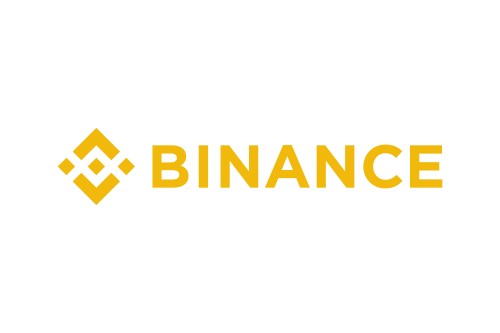
1. Binance
Launched at the end of August 2020, Binance Smart Chain (BSC) is a blockchain platform for smart contracts. In order to promote decentralised trade, Binance Chain, which went online in April 2020, was constructed as a companion to BSC.
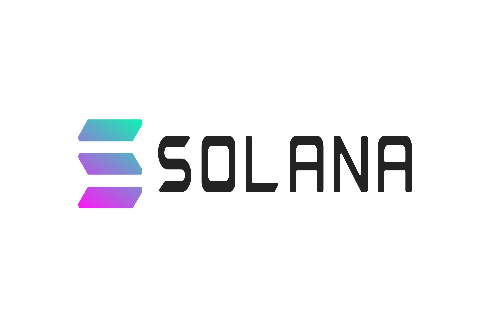
2. Solana
Only those who work in the cryptocurrency business are familiar with Solana. Although SOL didn't begin trading until April 2020 on well-known platforms, the blockchain was really developed back in 2017.
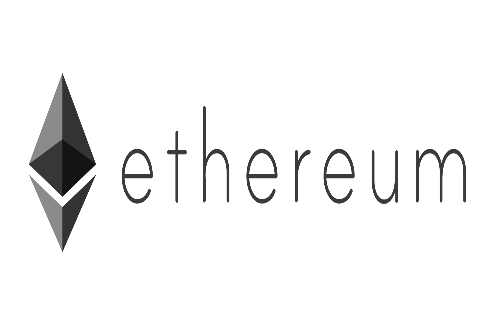
3. Ethereum
Ethereum is more than simply a blockchain; it's a platform that powers various decentralised applications (DApps) and standalone blockchains. The first decentralised blockchain platform to incorporate smart contracts capability to guarantee dependable operations is Ethereum, which was introduced in 2013.
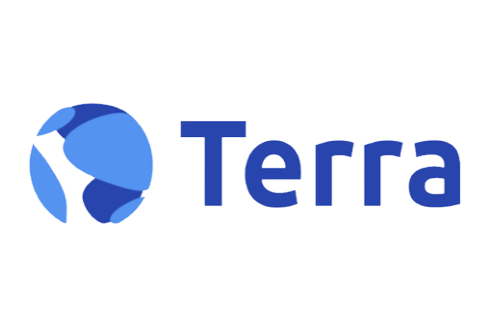
4. Terra
With the use of the algorithmic decentralised stablecoin protocol, Terra is a public blockchain platform that makes DeFi accessible to the general public by offering basic building blocks. Developers are enticed to use Terra Blockchain by its usage of the oracle system, smart contracts, and promises of broad user adoption.

5. Avalanche
Through its Avalanche Consensus Protocol, the blockchain platform Avalanche combines scalability capabilities and rapid confirmation times. Its Proof-of-Stake (PoS) algorithm enables it to perform 4,500 transactions per second (TPS), which is significantly more than Ethereum's 14 TPS.
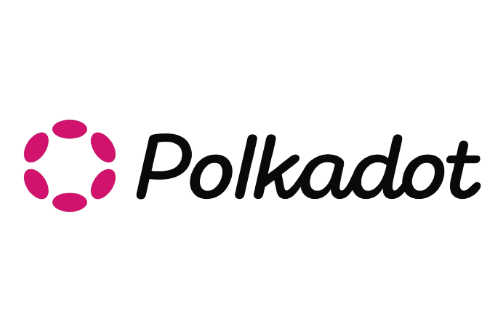
6. Polkadot
No other blockchain platform, like Bitcoin or Ethereum, can compare to Polkadot's special abilities. With the help of the decentralised Polkadot protocol, value and data can be exchanged directly between blockchains that are unrelated to one another.
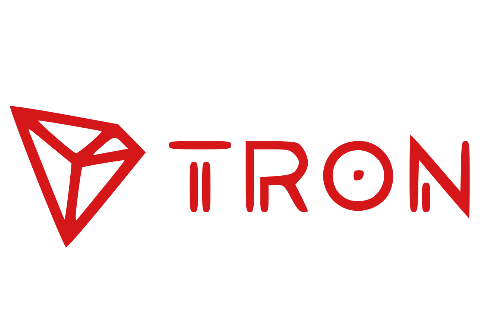
7. Tron
The blockchain technology of the future is known as TRON. TRON was created using a few Ethereum blockchain fundamentals. Additionally, the transaction fees are significantly less in comparison.
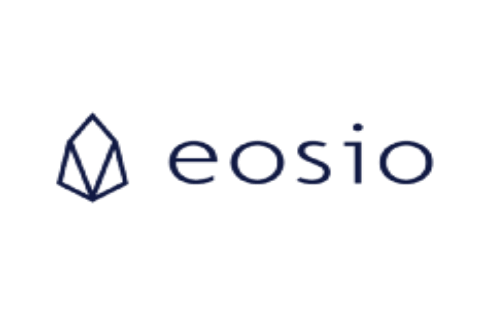
8. EOSIO
The blockchain technology of the future is known as TRON. TRON was created using a few Ethereum blockchain fundamentals. Additionally, the transaction fees are significantly less in comparison.
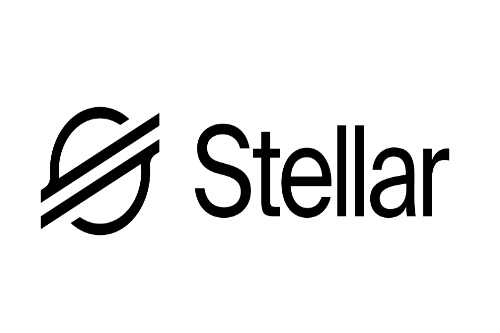
9. Stellar Blockchain
Stellar, or Stellar Lumens, is an open source, decentralized protocol for digital currency to fiat money low-cost transfers which allows cross-border transactions between any pair of currencies. Stellar is one of the best-performing altcoins of the last five years with a market cap of just over $1 billion.
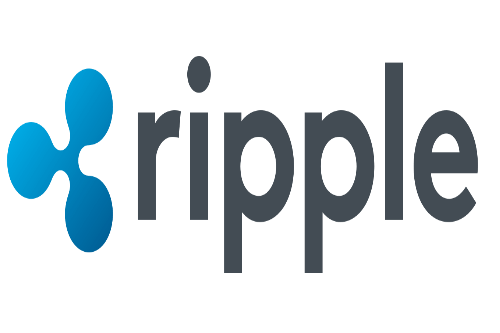
10. Ripple Blockchain
The creation of financial applications on the platform is Ripple's primary priority. The digital revolution is being supported more. By tying together banks, payment processors, and exchanges of digital assets, Ripple created its own platform in 2012 to create a blockchain network for businesses.
Blockchain platform faqs
A Blockchain is a shared, immutable ledger that facilitates the process of recording transactions and tracking assets in a business network. An asset can be tangible (a house, car, cash, land) or intangible (intellectual property, patents, copyrights, branding).
Blockchain is a digital log of transactions that is kept safe by a network of computers and is difficult to hack or alter. The technology enables individuals to transact directly with one another without the use of an intermediary such as a government, bank, or other third party.
Blockchain’s purpose is to enable digital information to be recorded and distributed, but not altered. A blockchain, in this sense, serves as the foundation for immutable ledgers, or records of transactions that cannot be changed, erased, or destroyed.
Founded in 1911, IBM is a cloud platform and cognitive solutions company — it’s also the largest company in the world embracing blockchain. IBM has helped more than 220 businesses develop applications and data governance tools that run on blockchain.
How numerous are blockchain platforms? There are at least 1,000 blockchains for four different types of blockchain networks. While the fundamental purpose of blockchain is to facilitate a single data transfer, different systems are available in the sector.
